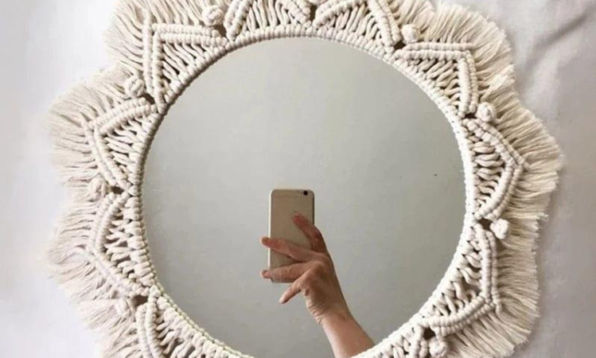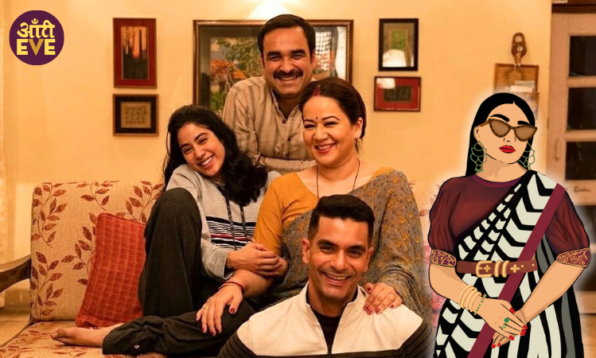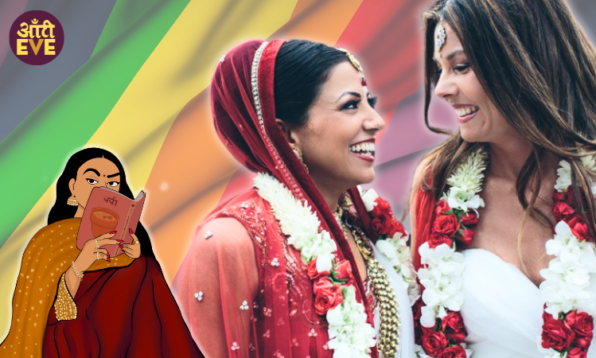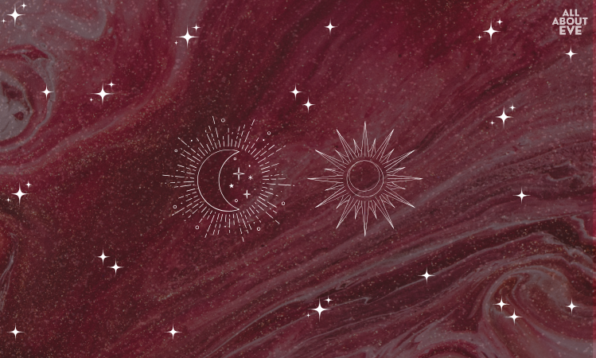If you are already struggling to understand the difference between pansexual and demisexual (still? Shame on you!), it’s bad news for you. In the ever-expanding universe of sexuality, we have another addition—symbiosexuality. Before you scratch your head and Google, “Now, who the hell is considered a symbiosexual?” we’re here to simplify it for you.
Related: Knowing The Full Form Of LGBTQIA Doesn’t Make You An Ally, You Need To Do Better
What Is Symbiosexuality?

According to a recent study, symbiosexuality is the attraction you feel towards the energy a couple shares in a relationship. Understand it this way: you see a couple laughing and playfully talking while having coffee, and you feel romantically or sexually attracted to the love they share. You are not interested in any of the individuals but in their relationship. In even simpler terms, symbiosexuals want to date the relationship, not the person.
This study was conducted by Dr Sally Johnston at Seattle University and published in the Archives of Sexual Behaviour. In it, Dr Johnston said, “Symbiosexuals are often stigmatised in both monogamous and non-monogamous communities.”
Human desire is complex

Our conversations around human desire largely focus on one-to-one desire. But this study offers a new perspective. The study forces us to reevaluate the complexity and dynamics of human attraction. But the cause of this attraction is unknown. Is it purely based on a desire to be involved with the couple or on other factors, like the desire to be in a relationship like theirs? Or is it due to the need for validation by being involved with the couple? We still don’t know.
The study involved 373 participants, of which at least 145 people agreed to have experienced this kind of attraction. Symbiosexuality is not limited to any one age group or race. It is a diverse phenomenon, including different age groups and socio-economic and racial backgrounds.

Now, I know some of you might be wondering: Isn’t it the same thing as being a unicorn in a poly relationship? Well, no, unicorn is a word that many polyamorous people use primarily for a bisexual woman who is interested in sexually engaging with a heterosexual couple. Unicorns are not attracted towards the dynamics of the already-existing relationship.
In the study, Dr Johnston also added, “I hope that this work will reduce stigma in both monogamous and non-monogamous communities and expand conceptualisations of desire in sexuality studies.”
Mostly, extroverted participants identified as symbiosexuals. So, if you are an extrovert and have a type—people who are always in a relationship—maybe you have a term for yourself now.
Featured Image Source

 Web Stories
Web Stories













